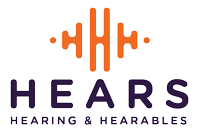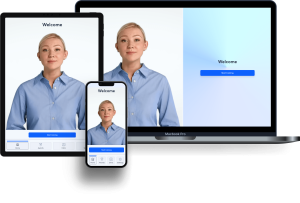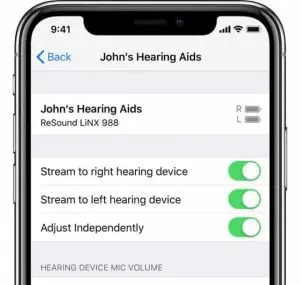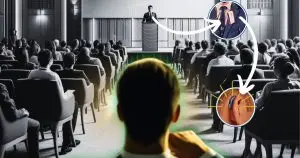Introduction to Hearing Training: Aural Rehabilitation
Most people who live with the challenges of hearing loss are able to benefit from technology; a hearing aid, cochlear implant, or an assisted listening device of some sort.
The degree to which that person benefits will vary, depending on the severity of the loss and the length of time that person has gone untreated.
Aural rehabilitation, AR, encompasses a wide set of practices aimed at optimizing a person’s ability to participate in activities that have been limited as a result of hearing loss. AR provides an opportunity to further explore how hearing loss impacts a person’s ability to communicate. You and your audiologist can create a rehabilitation plan to meet your specific needs.
The first step is a comprehensive needs assessment.
This helps the person identify specific situations that are valuable but at risk for being compromised by difficulty hearing. These are usually experienced in background noise which makes it difficult to maintain attention and focus and contributes to listening fatigue.
Once the needs assessment is complete, the patient and audiologist can create a management plan together. Each plan would be unique to the person, but would often contain one or several of the following items:
- Behavioral steps: learning how to ask speakers to modify their speech, creating a meditation practice to support relaxation, asking others to face you when talking, getting one another’s attention before speaking, and writing down critical information.
- Technology: using an ALD (assistive listening device) – We offer many different assisted devices for various situations for your hearing needs.
- Preventive: discuss the use of hearing protection, or create a list of quiet restaurants.
- Restorative: agreeing to leave a noisy party or situation early in order to relax
- Internet resources: online auditory training programs to improve listening stamina and the ability to sustain attention in challenging listening situations. At Hears Hearing & Hearables we believe the easiest and cost-effective is online games. We have partnered with Lace.
In addition, peer support groups can be an invaluable tool. No matter how supportive others can be, no one can fully appreciate all a person with a hearing loss has to deal with on a daily basis. Talking to others can help you feel less alone. A worksite assessment could also help you find how and why communication breakdowns occur and how to ease or fix them.
The benefits of Aural rehabilitation practices are significant. Aural rehabilitation can reduce one’s perception of hearing difficulties, improve one’s perception of quality of life, and help that person become a more effective user of hearing technology and communicative strategies. It simply improves your personal adjustment to living with hearing loss. There has been lots of research documenting the benefits over the years. Let us know if you need help finding the research.
As always, Happy Hearing, Karen, and Kim






